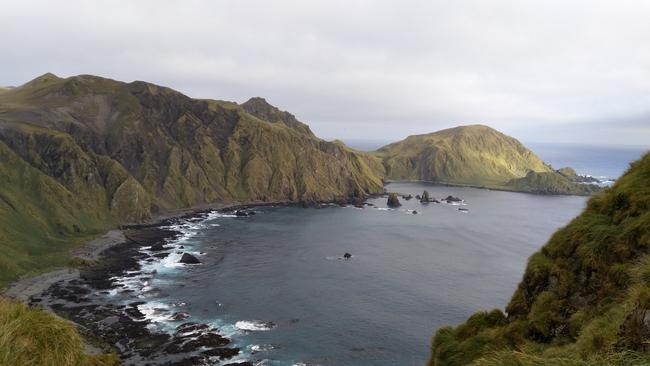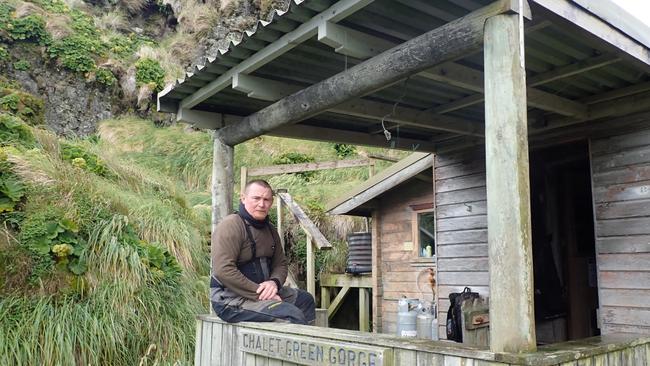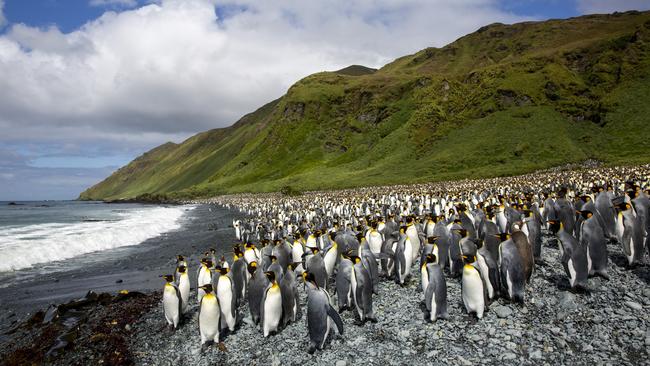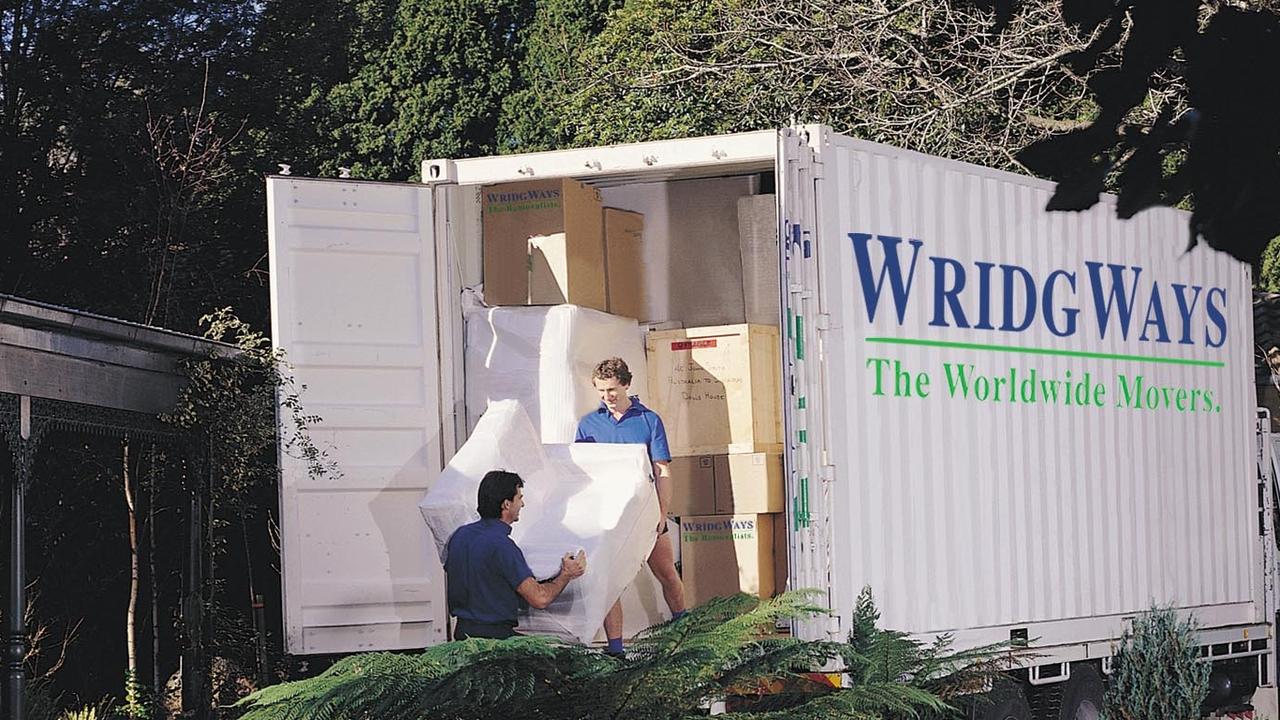“There’s a magnetism here”: Life on remote, rugged Macquarie Island gets in ranger’s blood
Parks ranger Chris Howard is this year spending his fifth winter season on Macquarie Island, a place he has grown to love for its rugged beauty and amazing wildlife.

News
Don't miss out on the headlines from News. Followed categories will be added to My News.
RANGER Chris Howard has spent the past week trekking 100km across the rough terrain of remote Macquarie Island.
As far as workplaces go, there’s little need to worry about social distancing.
Giant elephant seals pose more of a threat on this subantarctic outcrop than coronavirus.
But social distancing is normal here.
At this time of year - as winter approaches and there are no visiting tourists - there are only about 20 people living and working on the island, a World Heritage site 1500km southeast of Tasmania, a midway point between Hobart and Antarctica.
The island is 35km long, covers 127sq km and is home to a wide variety of animals and plant life, including penguins and giant petrels, making it an awe-inspiring location for rangers such as Mr Howard.
The 54-year-old is this year spending his fifth winter season on the island and said he became smitten with the place after his first visit in 2013.
A ranger for 27 years, Mr Howard worked in the Northern Territory before moving to Tasmania and taking a job with the Parks and Wildlife Service 10 years ago. He is now the ranger-in-charge of Macquarie Island Nature Reserve.
While the landscapes of Tasmania and the Northern Territory are vastly different, he says there are certain parallels, particularly when it comes to remote isolation.
“The privilege of me being here is not lost on me,’’ Mr Howard said during a phone call from the island.
“The island gets in your blood … there’s a magnetism here.’’

He didn’t know much about Macquarie Island before his first visit, apart from what he’d seen on Google.
He said after five seasons he felt he was beginning to understand the island a lot better.
But there was always more to learn.
“When I first got here, I was just blown away,’’ he said.
“The elephant seals are a lot bigger than you think they’re going to be – you’ve got four tonnes of elephant seal on the beach getting grumpy at you.’’
“Since then, having the privilege and opportunity to get back to the island numerous times I’m learning more and more about it all the time.’’
“It takes a long time to get to understand it.’’
No two days are the same, with activities largely weather-dependent.
“There can be serene calm one moment and it can build to a howling gale the next that will blast you with chilling winds, gravel, and knock you off your feet,’’ Mr Howard said.
There’s a maximum of eight hours of daylight in winter, “often grey days interspersed with a day of brilliant sunlight and snow to sea level’’ with the temperature typically hovering around 3-4C.

“We don’t get the extreme cold of Antarctica … but it’s very, very windy here most of the time,’’ Mr Howard said.
His 100km trek around the island was to introduce a newer ranger to the terrain, visiting Hurd Point in the south to check on wandering albatross chicks [the only place in Australia that they breed], and service the fixed cameras. They also visited a few of the island’s huts and looked for rare plants.
Aside from rangers, there’s a variety of Australian Antarctic Division expeditioners on the island including a doctor, a chef, station leader, tradies and three Bureau of Meteorology staff. Most spend 12 months at a time on the island and Mr Howard said there was great camaraderie.
He said being on Macquarie meant he and his island colleagues were safe from coronavirus but that didn’t stop them worrying about family and friends at home.
When he’s not living and working on “Macca” he lives in Oatlands with his wife.
“To us, life is normal, but to friends and family at home, everyone is going through this very tumultuous experience,’’ he said.
Improvements in technology in recent years meant those on Macquarie Island were well connected and could “be as immersed in the current [pandemic] situation as you choose to be”.
linda.smith@news.com.au


